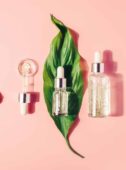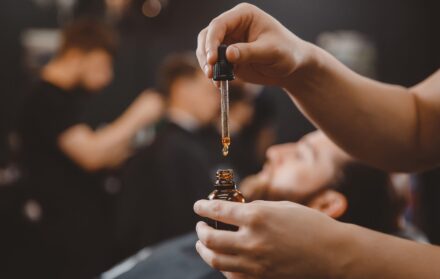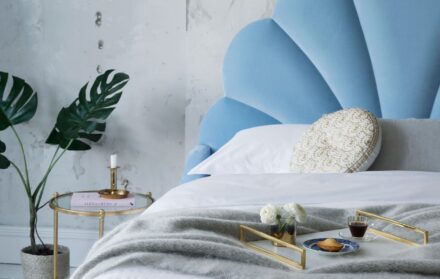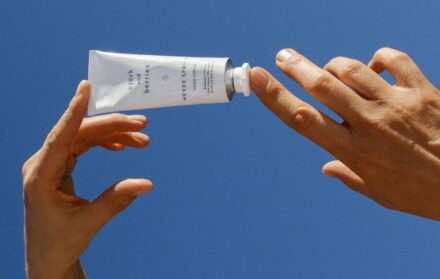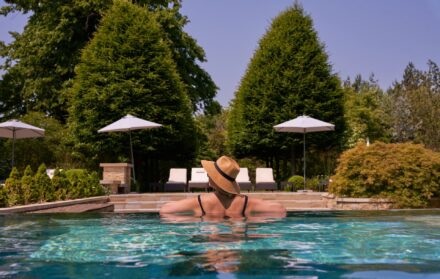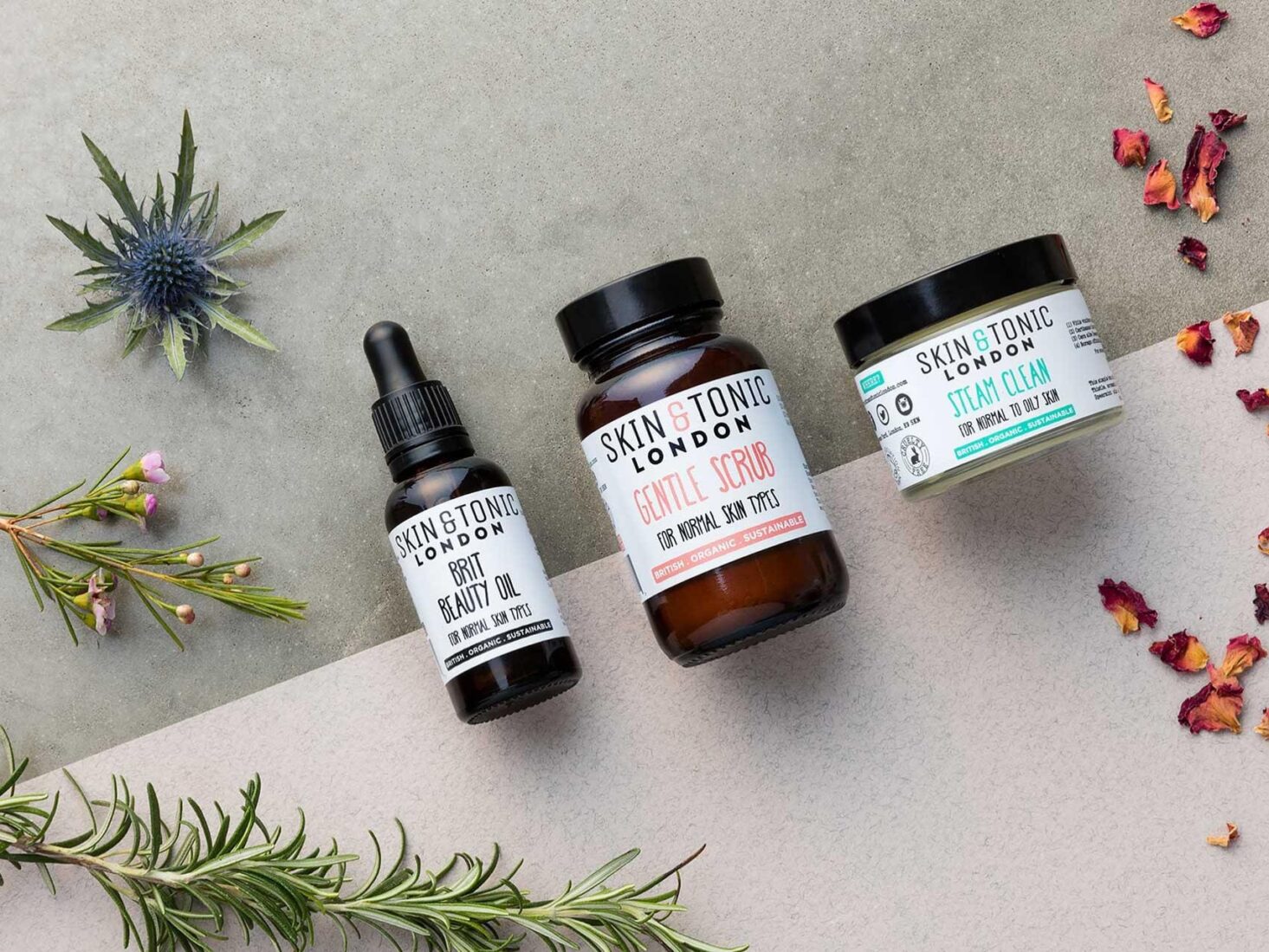
Conscious Beauty: Sustainable Skincare Brands You Need to Know
“We don’t think your skin needs unnecessary synthetic chemicals, so we don’t sell them”
A decade ago, I didn’t know what a microbead was. I never read the ingredients lists on the lotions and potions lining my shelves, I had a stash of hotel miniatures – just because – and I didn’t question the quantity of packaging apparently needed for each and every one of them.
Now, I can’t believe it took me, and the wider world, so long to wake up to the stark reality of the pernicious effect caused by billions of these little plastic beads, used in everything from exfoliators to make-up remover, flooding into the sea. So long to wake up to the fact that there are chemicals in our bathrooms that we can’t even pronounce, let alone identify, which we mindlessly smear on to our skin every day. And so long to wake up to the fact that our beauty habits amount to 120 billion units of packaging a year – that’s 16 for every person on earth.
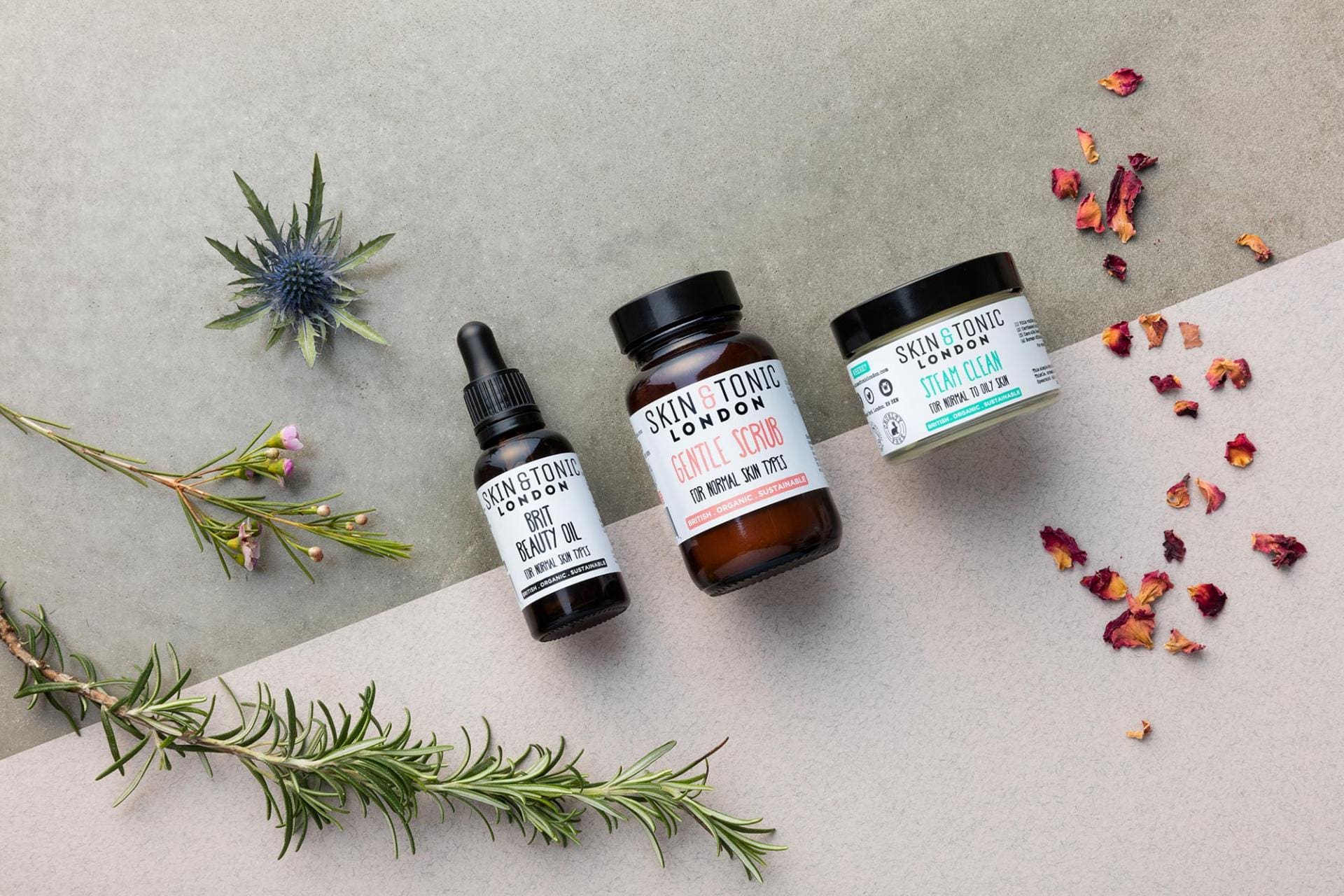
Selection of Skin and Tonic products, skinandtoniclondon.com
So, what woke us up? Although the wheels of change were already in (slow) motion, this global issue was notably highlighted by the wildlife documentary programme Blue Planet II, the most watched programme in the UK last year. Its final episode took an unflinching look at the damage caused to marine life by plastic waste and had an impact that even Sir David Attenborough, dubbed the godfather of the natural world, couldn’t have predicted. “We hoped that it would open people’s eyes to the damage that we are doing to our oceans and the creatures that live in them,” he said. “I’ve been absolutely astonished. I never imagined there would be quite so many of you who would be inspired to want change.”
And it’s change we want. In January this year, microbeads were outlawed. In February, we pledged to #passonplastic and that movement has gathered momentum ever since, with the British government now considering a ban on single-use plastics. Beauty is by no means the only industry with a lot of work to do, both in terms of what goes into products as well as their packaging, but it does have a lot to answer for. Brands that provide answers to the problem are winning accolades and audiences, and, to the most established environmental labels, it must seem as though this sea change (excuse the pun) has been a long time in the making.
Take The Body Shop. The ‘original beauty brand with a conscience’ was set up by Dame Anita Roddick, arguably the pioneer of ethical beauty in the UK, in 1976 and, according to The Sunday Times Style, it’s had a suitably 21st-century upgrade, wooing generation Z with shimmering dry oils and body yogurts. Another cult favourite, Neal’s Yard Remedies, was founded in Covent Garden in 1981. The brand describes its ethos as “pushing against the synthetic chemical approach to skin and healthcare that had been adopted by much of the industry,” and it has paved the way for the likes of Liz Earle and Green People. For these companies, putting down their roots in the 1990s, it was cool to care. Responsible sourcing and natural remedies were the norm, not the exception, and made smart business sense.
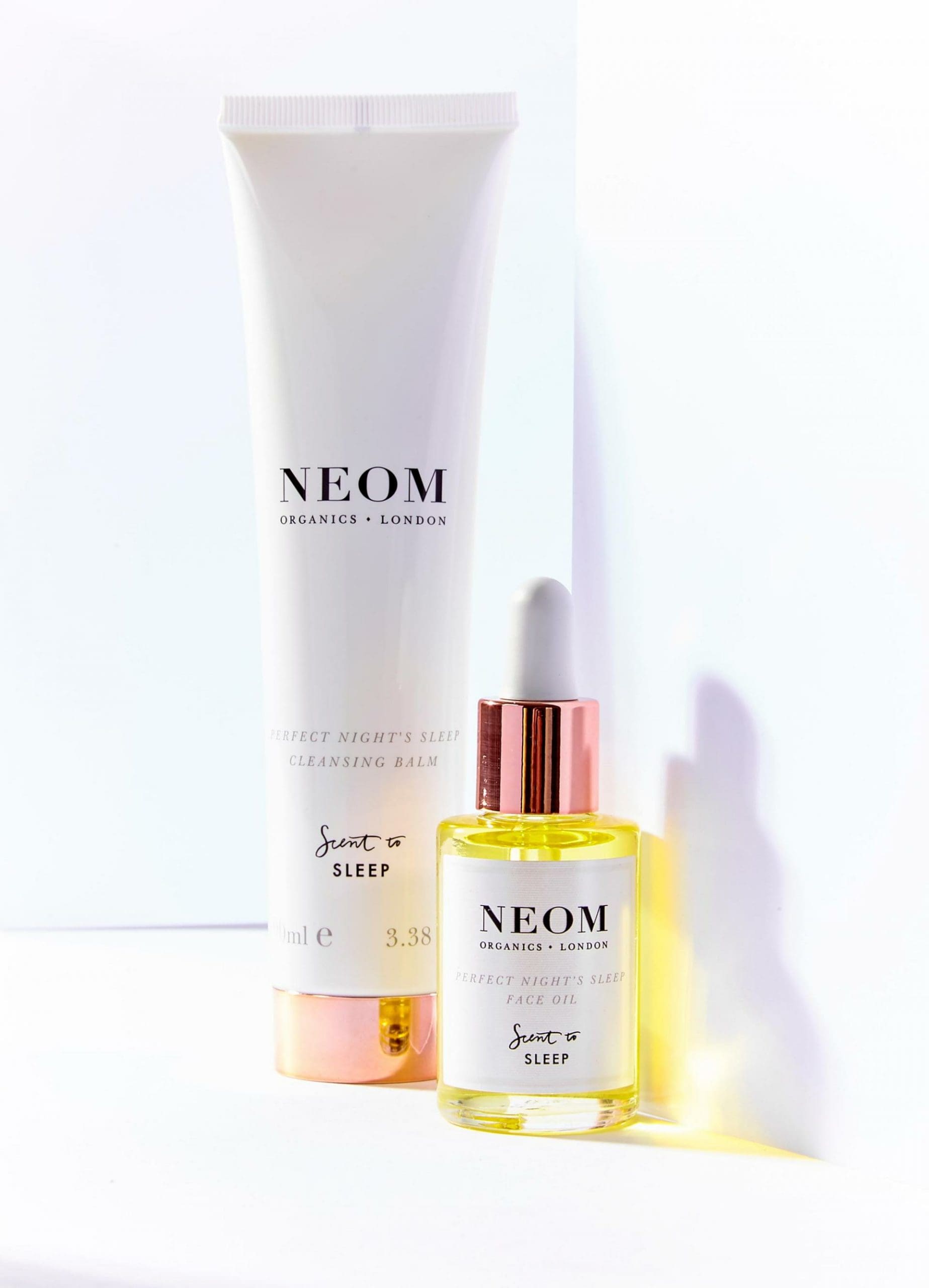
Face Oil, £42, and Cleansing Balm, £32, neomorganics.co.uk
The ranks of this small band swelled and Neom Organics, a pioneer of London’s natural skincare scene, created a mantra that could just as easily define the 2018 mindset: ‘Wellbeing. Small Steps. Big Difference’. “Consumers are savvier than ever,” affirms founder Nicola Elliott. “They want to know exactly what they’re putting on their skin and they want products that work really hard. It’s getting much easier to choose beauty brands that offer natural, green alternatives without compromising on efficacy or paying through the nose.”
Even with 13 years to its (organic) name, Neom Organic isn’t resting on its laurels. When asked if its products are certified organic, the brand gives a detailed, in-depth and considered answer, rather than a simple yes – responsible on Neom Organic’s part and helpful for us. Because of the relative infancy of the booming market, the parameters, when it comes to labelling, are confusingly grey. Do we want our skincare to be natural, organic, clean, vegan, fair trade, or all of the above? This is how we see it: if a company means – green – business, it will shout its credentials from the rooftops, making it easy for us to make an educated purchase.
And more and more brands are doing just this. The natural, organic cosmetics and personal care market is estimated to be growing at a huge rate of 10 per cent each year. At Luxury London, we’ve narrowed down our focus this month to local skincare that makes taking eco-conscious steps in a sustainable direction that bit easier. Floral Street is a contemporary Brit brand, named after a street in Covent Garden, that ticks all the boxes for vegan ingredients and gold-star packaging. Each body formula comes in a colour-popping tube made from 75 per cent sustainable sugarcane bioplastic. With a product that smells gorgeous and comes in durable and recyclable packaging that looks great in a #shelfie, everyone wins.
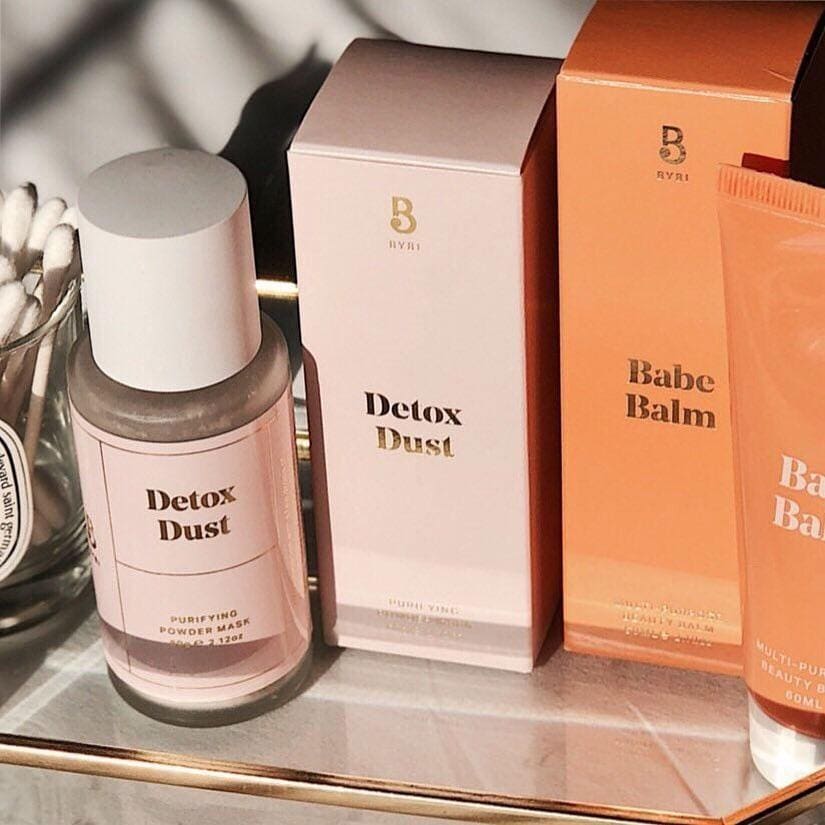
Instagram: @bybibeauty
BYBI Beauty’s Babe Balm moisturiser and Prime Time facial scrub, also presented in candy-coloured sugarcane bioplastic, are just as covetable – 100 per cent natural and recyclable. BYBI Beauty’s Elsie Rutterford and Dominika Minarovic were fed up with “blanket formulations and synthetic fillers padding out our products”. They advise us to think about the reasons behind changes to our routine: “Is it about reducing your plastic consumption? Transitioning to products that are organic? Once you’ve defined what you’re trying to achieve, it’s much easier to research the certifications available.” Another great tip is to search through social media hashtags to discover lesser-known labels.
We found Skin & Tonic through #organicbeauty and the brand is squarely aimed at sociable, hipster millennials, boasting Beard & Shave Oil and a Festival Survival Kit in its slimline product edit. And, of course, it’s made in Hackney. Its USP is that it uses seven (or fewer) pronounceable natural, edible, therapeutic ingredients, with the ethos that ‘if you wouldn’t put it in your body, it shouldn’t go on your body’. Suffering from endometriosis and dermatitis, Skin & Tonic founder Sarah Hancock developed the range to treat her own skin. By Sarah London’s products were created for a similar reason. This brand is a poster child for transparency; full ingredients lists appear on the front of each product, with scientific names relegated to the back. It really is ‘skincare to feed your skin’.
And the words matter. Skincare vocabulary is changing, in keeping with a move back to plant-based ingredients – wholesome imperatives such as ‘nourish’, ‘feed’ and ‘drink’ pepper labels and even brand names. Sister & Co Skin Food launched in 2015, with coconut oil at its heart, and its products smell like beach bar mocktails – Lemon Myrtle & Mint Raw Coconut Lip Tonic, anyone?
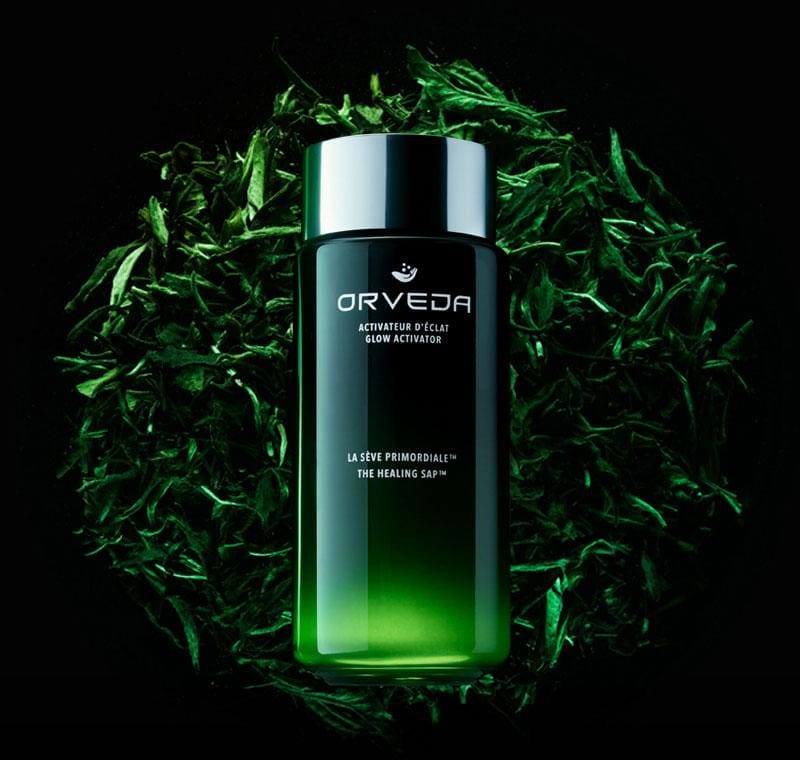
Healing Sap, £125, orveda.com
Even the idea of anti-ageing, a term once emblazoned across every skincare ad from here to New Zealand, has lost its appeal. “It’s all about looking rested and refreshed,” says Orveda founder Sue Y. Nabi, who lives in London. “Customers are seeking healthier alternatives, generally, and skincare is no exception. Everyone is looking for greener, cleaner, sustainable formulations.” Orveda’s concepts are ‘Green, Clean, Vegan’ and ‘Healthy Is The New Sexy’. Its devotees can’t get enough of its gender-neutral Healing Sap and Ironing Effect Masque, presented in slick ombré-green glass jars – and the cellophane wrap is recyclable too.
Unisex skincare is appearing across the board, tracking the trend for unisex clothing lines. The monochrome palette of the newest kid on the British beauty block, Wildsmith Skin – launched in July and which, poetically, ‘started with a walk in the woods’ – suggests a desire to appeal to a type of customer, not a gender. It’s “modern, natural, eco-friendly skincare,” says MD Maria Lam. “It is relevant to concerns today, like pollution, environmental aggressors and ageing issues, such as inflammation. All delivered in a format which forms part of an easy daily ritual for a mobile world.”
Gone are the lazy days of the ‘shrink it, pink it’ approach to appealing to women, and (wrongly) assuming men don’t care about much more than a razor and bar of soap. Although if it is soap you’re after, then you could do a lot worse than exploring the offerings from The Soap Co, which has bagged a shelf-load of accolades over the past three years. Based in East London, with a workshop in the Lake District, its products are all handcrafted by people who are blind, disabled or otherwise disadvantaged. Locally sourced bottles? Check. Compostable soap wrappers, no parabens, no animal testing? Check, check, check.
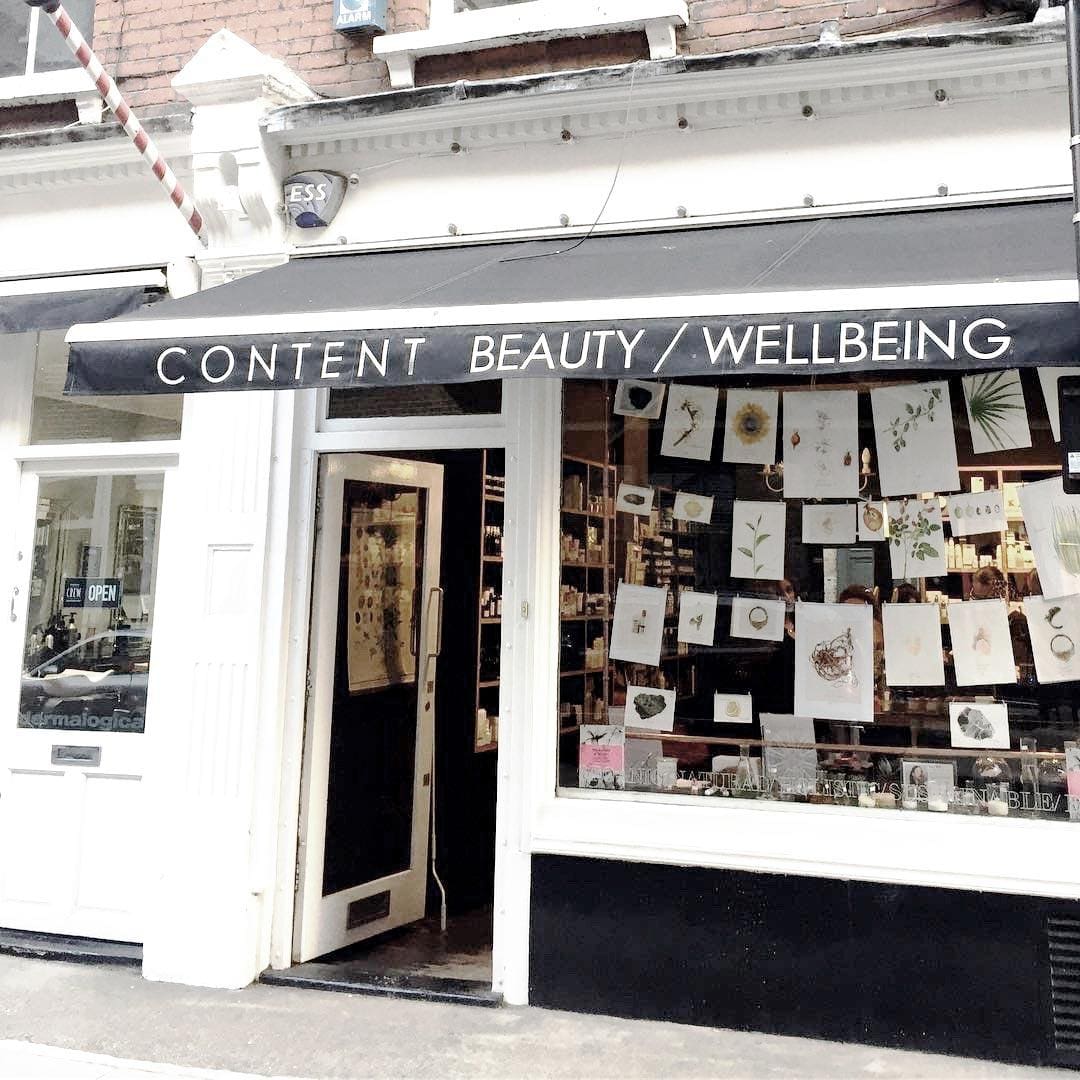
Instagram: @jessablades
If doing the research yourself is overwhelming, turn to someone who’s done it for you – namely Imelda Burke at Content Beauty & Wellbeing. Founded 10 years ago, this skincare store in Marylebone and its website stock a treasure trove of natural beauty brands, from American brand Mother Dirt and French label Absolution to Nourish London and Pai Skincare, manufactured in Chiswick. Content Beauty & Wellbeing’s selection premise is simple: “We don’t think your skin needs unnecessary synthetic chemicals, so we don’t sell them.” Filter products by ethos, whether you want natural, organic, raw, silicone-free or Great British beauty.
If the choices feel endless, start with one small step. Maybe you’ll leave those tempting miniatures in the hotel on your next minibreak. Maybe you’ll spend five minutes researching the moisturiser you’ve had for years. If its credentials don’t impress you, don’t let it get under your skin – just change your allegiance to the natural beauty crusaders that are changing the world one bottle, balm, tub and tube at a time.
The Sustainable Skincare Edit
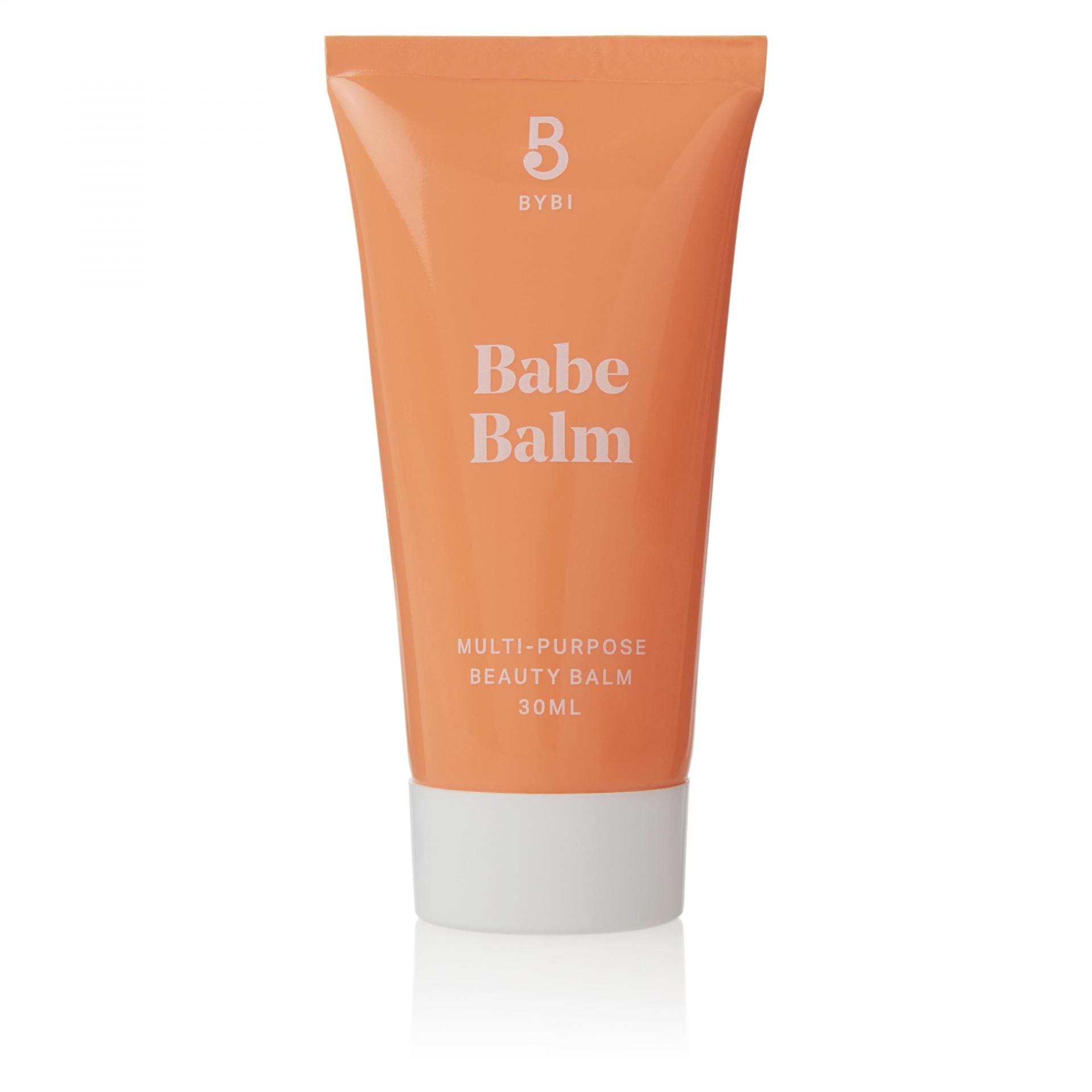
Babe Balm, £18, contentbeautywellbeing.com
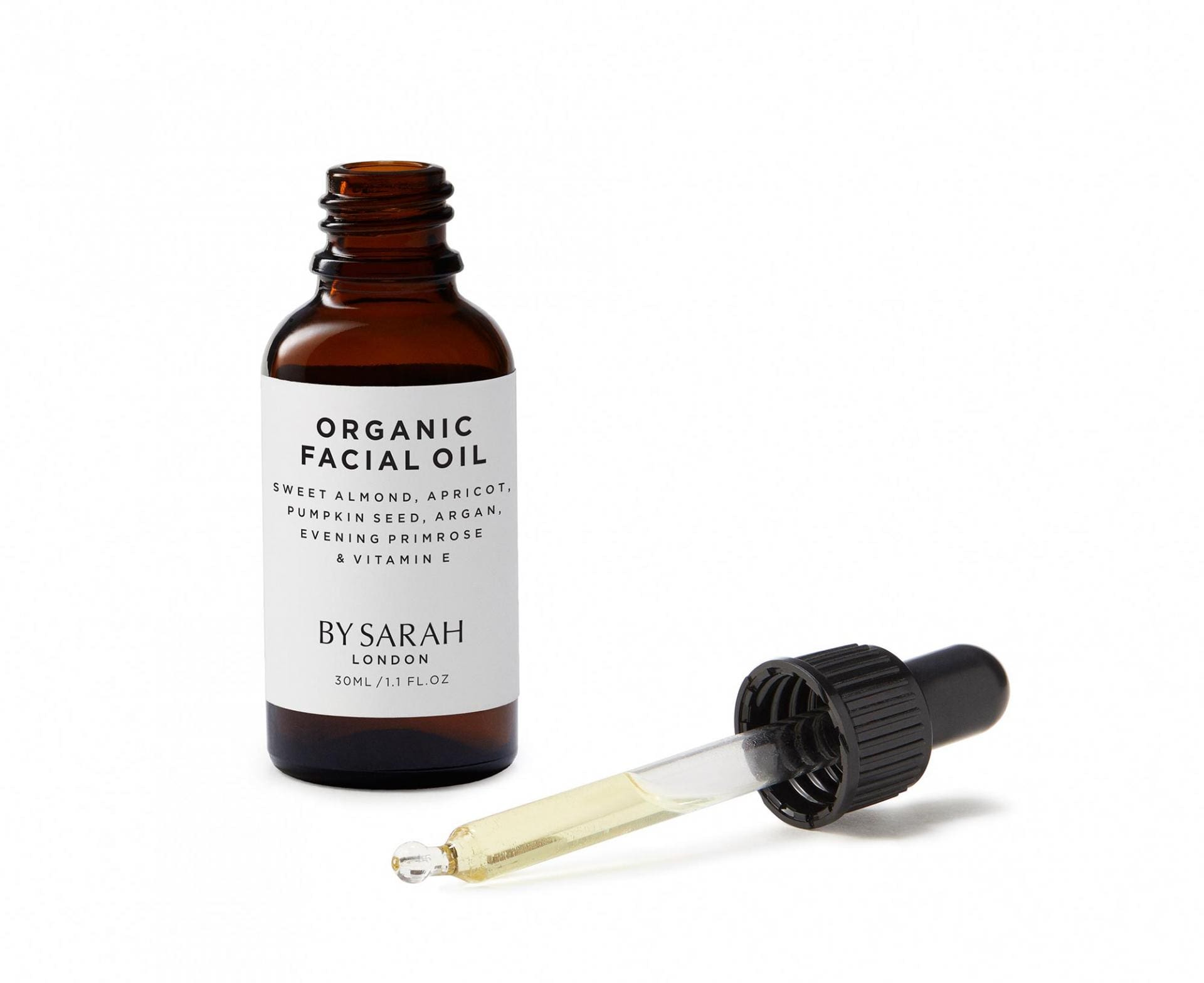
Facial Oil, £38, bysarahlondon.com
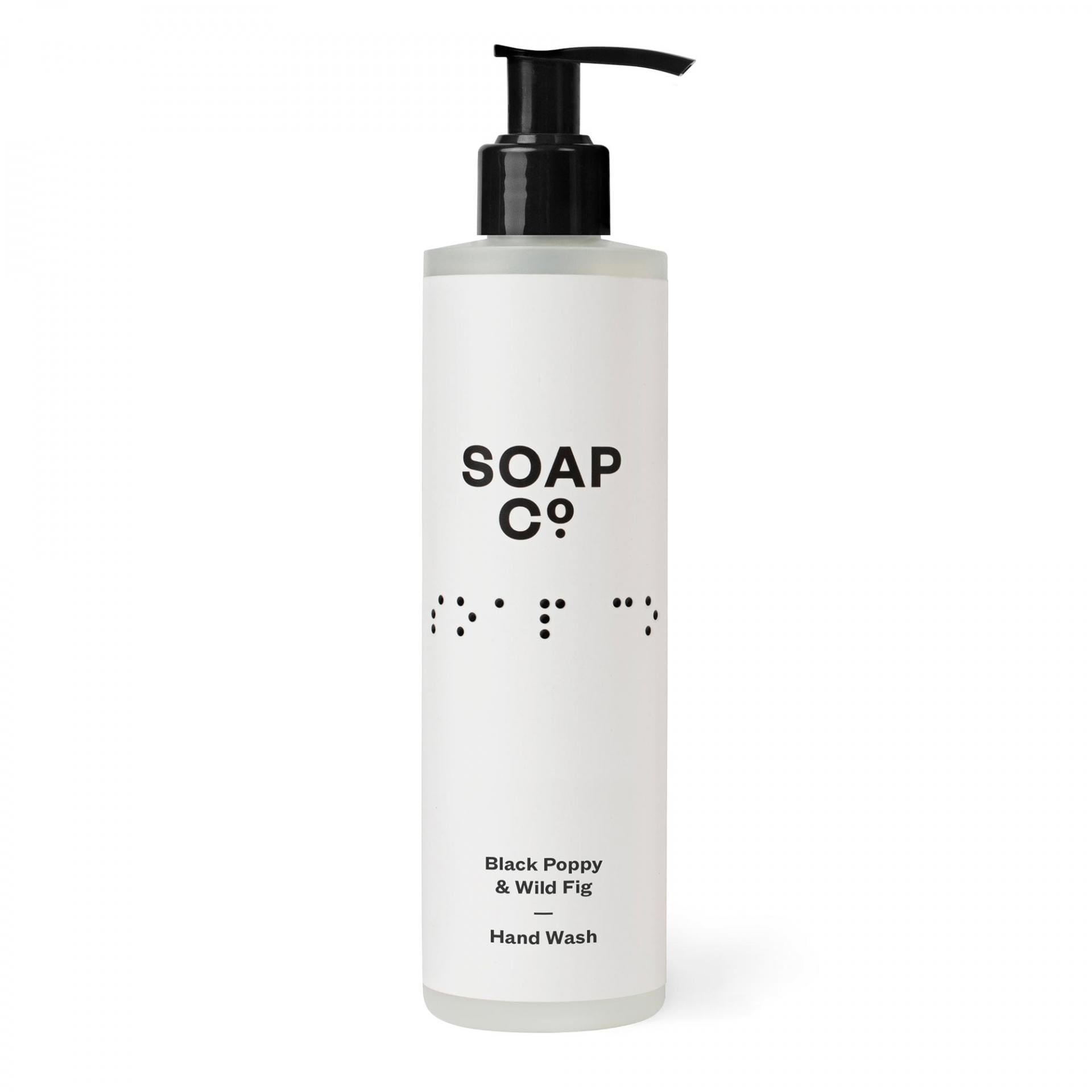
Hand Wash, £12, thesoapco.org
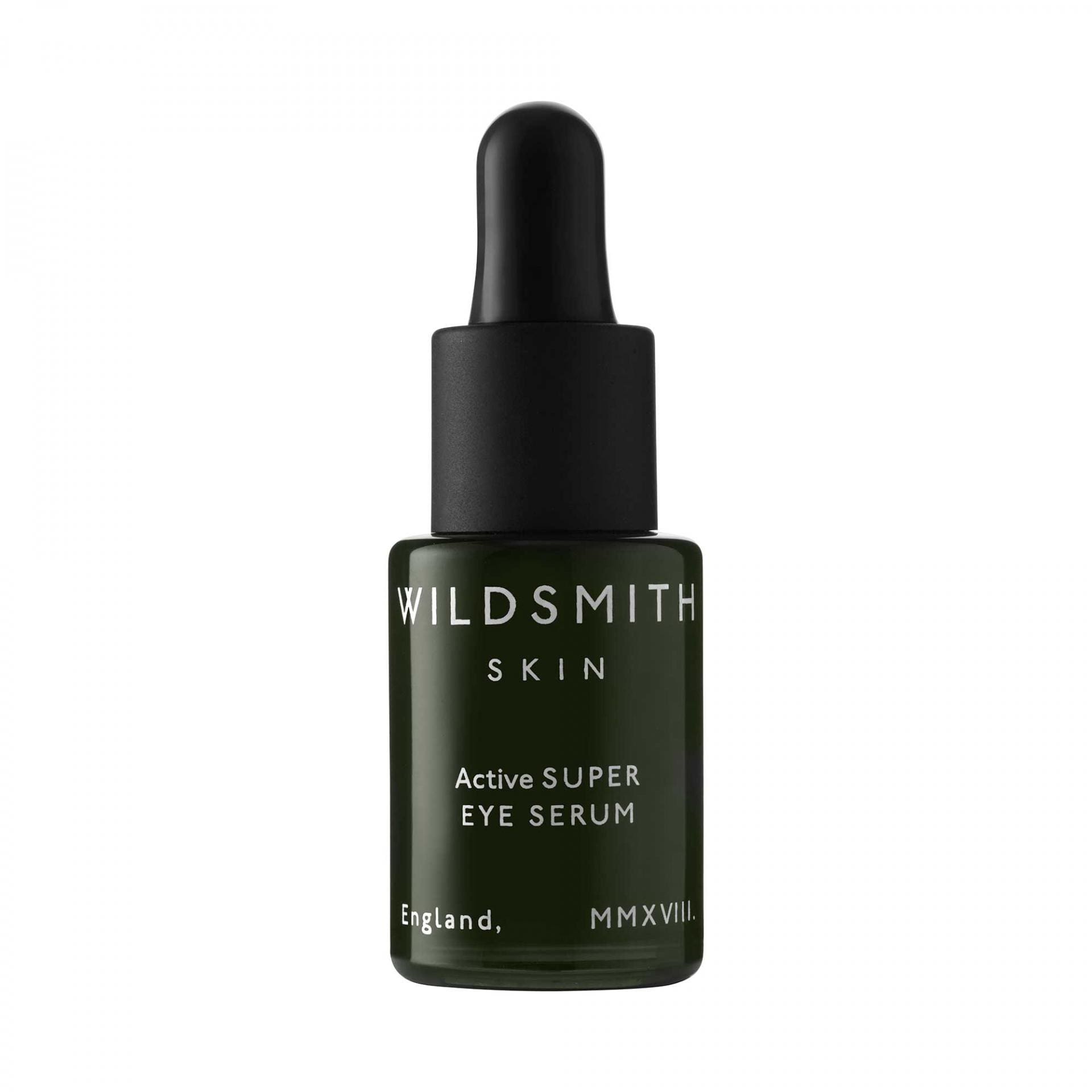
Eye Serum, £125, wildsmithskin.com
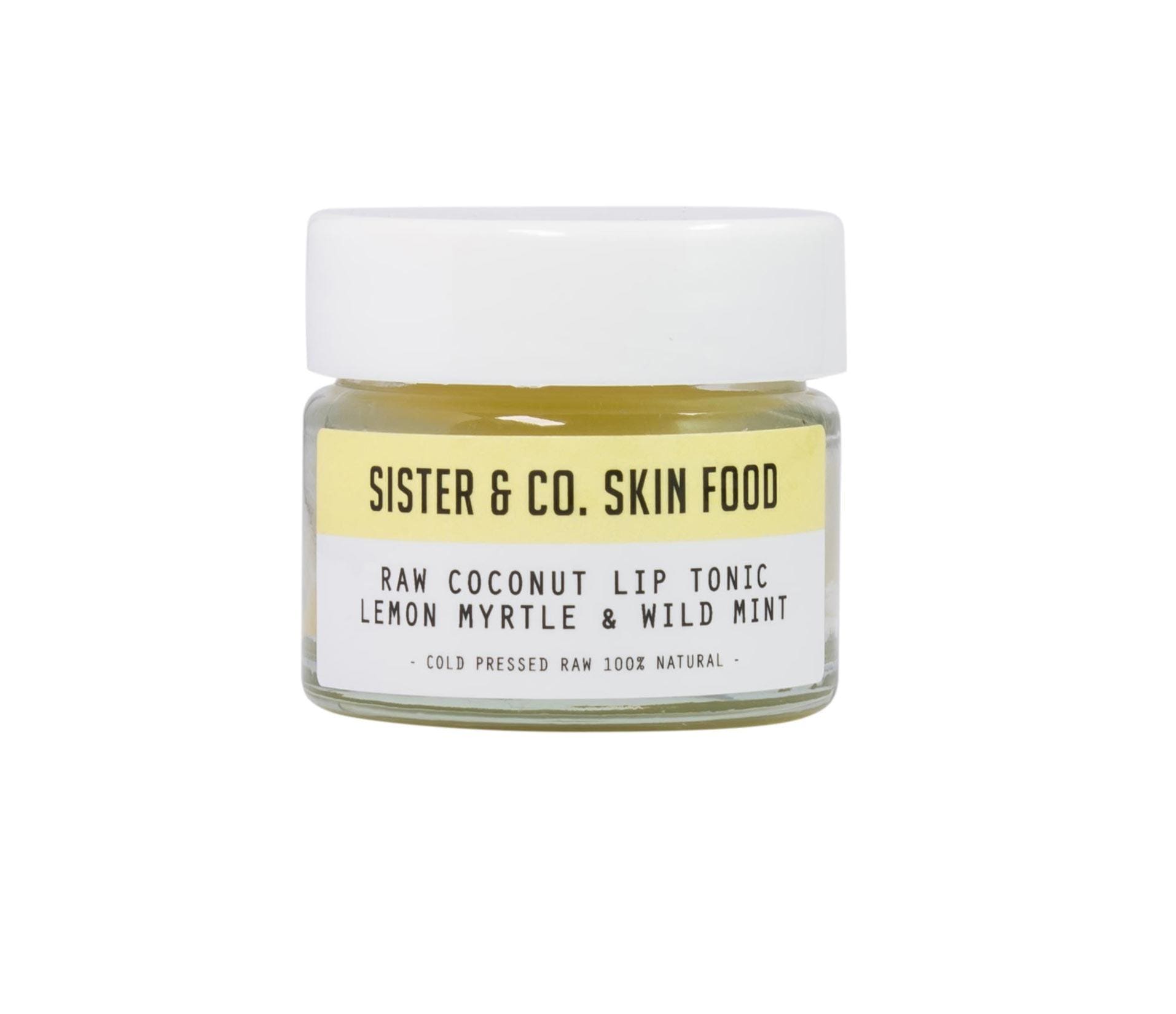
Lip Tonic, £10, sisterandcoskinfood.co.uk
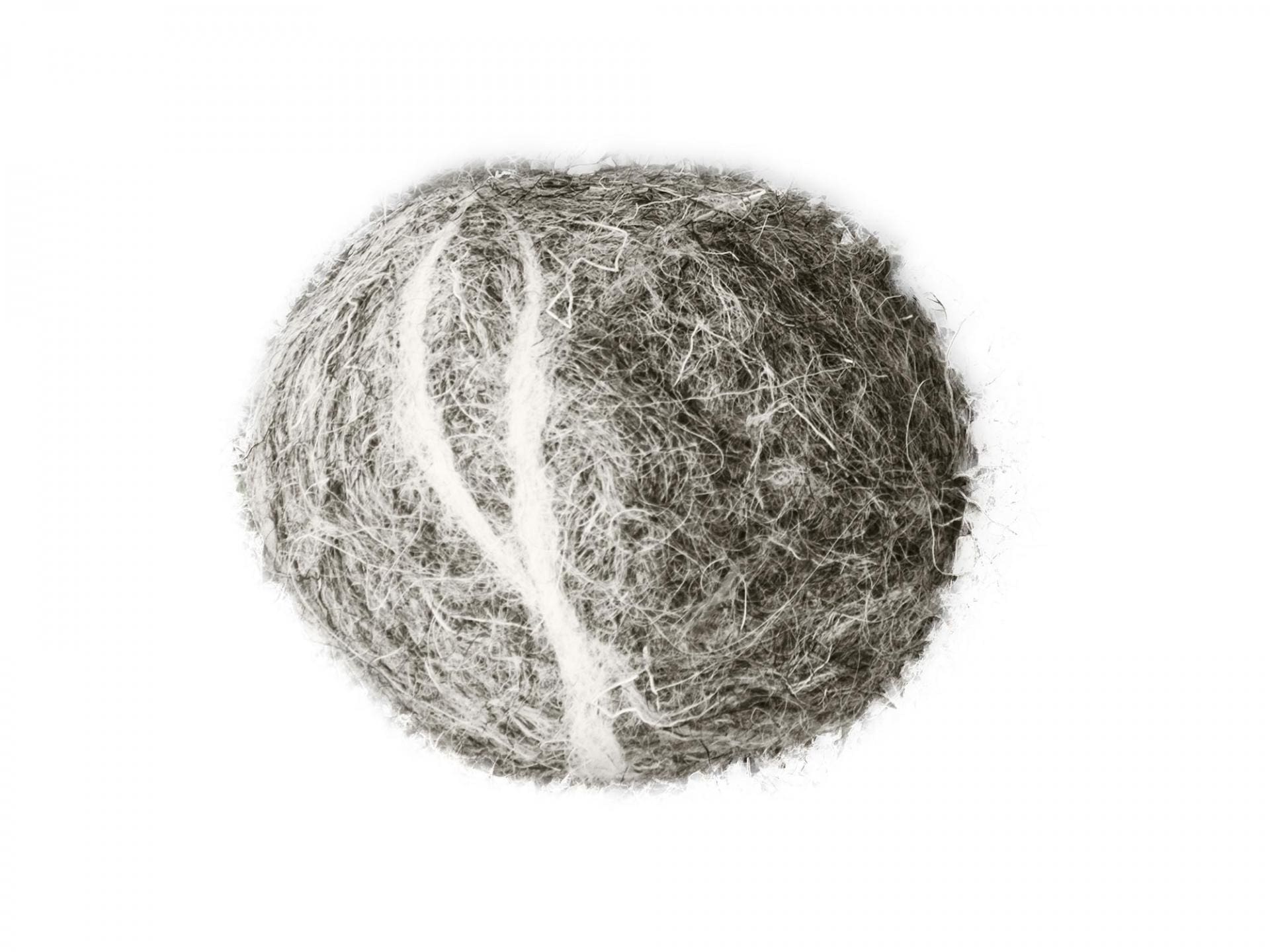
Soap Pebble, £14, thesoapco.org
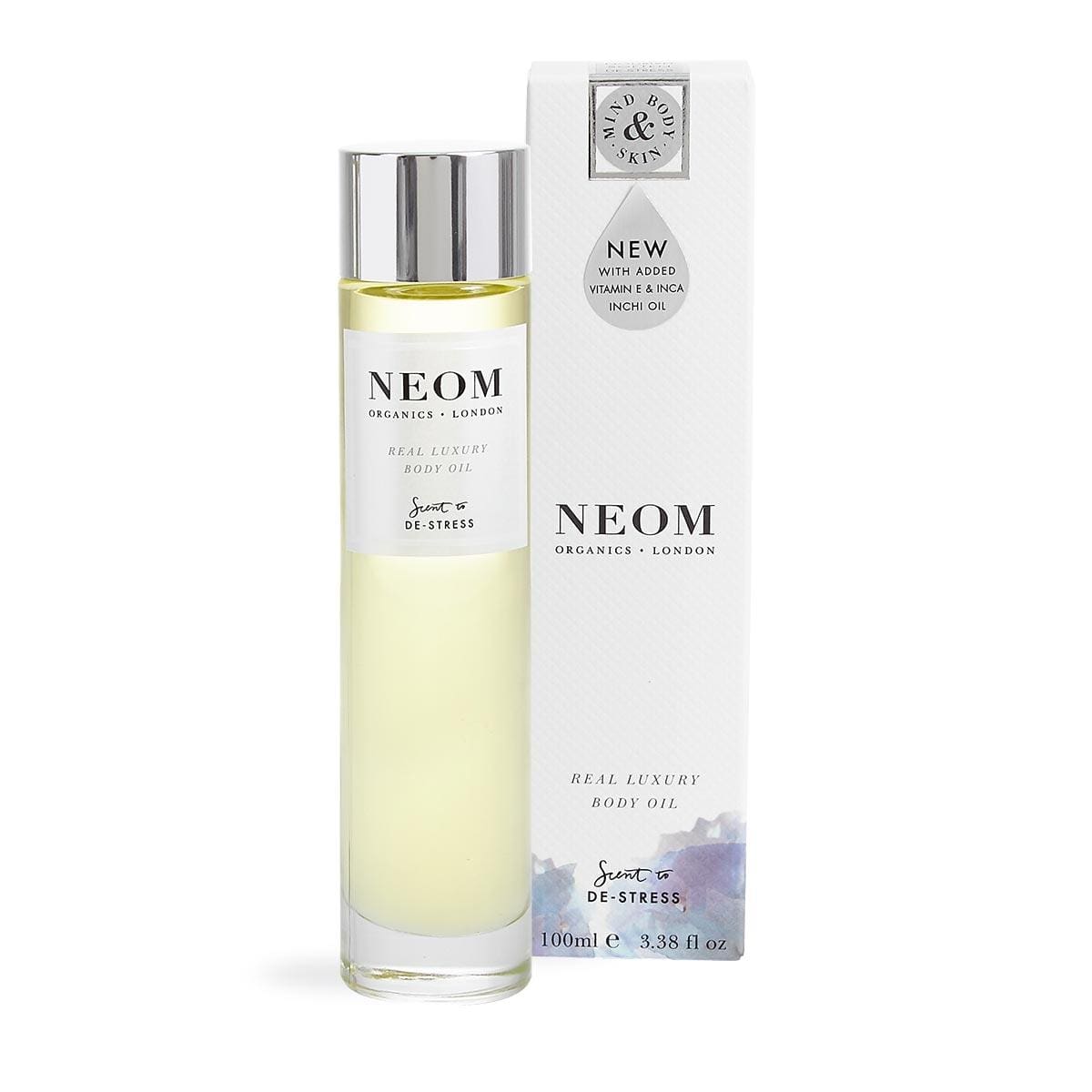
Body Oil, £35, neomorganics.co.uk


